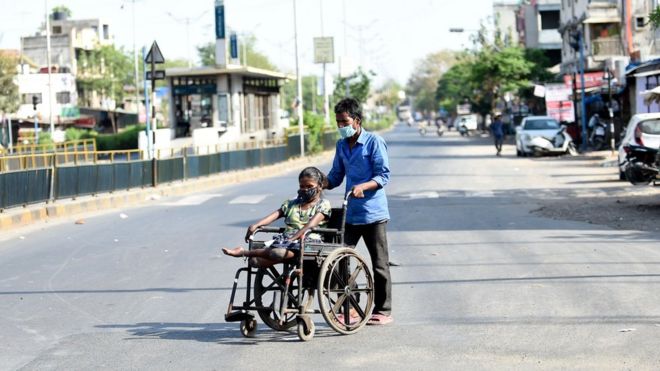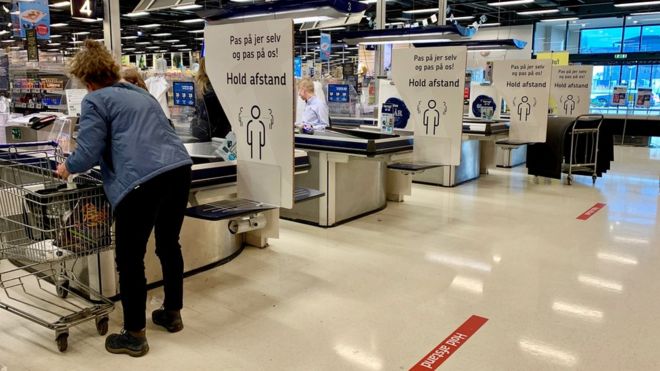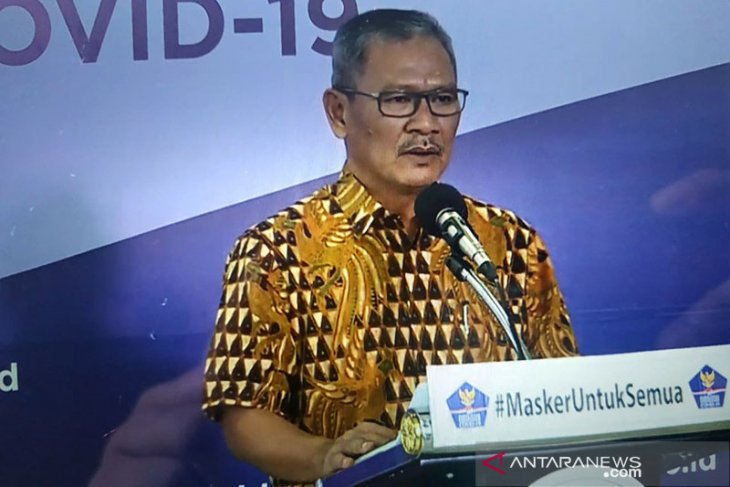Live Streaming
Program Highlight
Company Profile

Ani Hasanah
April
India to Extend Nationwide Lockdown

Streets across India have been deserted because of the lockdown (BBC)
India has decided to extend a strict nationwide lockdown imposed last month to stop the spread of the coronavirus.
On Saturday, Prime Minister Narendra Modi held a video conference with state ministers, and many of them urged the government to prolong the measure.
Delhi's chief minister said Mr. Modi had agreed to extend the lockdown, due to end on Tuesday, without giving details.
There are concerns about how the curbs are affecting the poor and the economy.
The spread of the virus has been varied in India with some states seeing bigger jumps in cases despite the shutdown.
Millions of migrant workers have been left jobless with the poorest suffering most.
India has confirmed 7,600 infections and 249 deaths, according to a tally by US-based Johns Hopkins University, which is tracking the disease globally. The true figures, however, are thought to be far higher.(BBC).
April

A supermarket in Funen has dividers and floor markings to separate shoppers (BBC)
Denmark is about to make its first move to relax restrictions imposed to fight coronavirus.
From Wednesday, children aged 11 and younger return to schools and nurseries, after a month of closures.
It's among the first European countries aiming to put the lockdown into gradual reverse, just as it was one of the first to impose restrictions.
"It's important we don't keep Denmark closed for longer than we need to," said Prime Minister Mette Frederiksen, as she announced the move last week.
The spread of coronavirus appears to be under control and the government wants to get the economy going again.
Compared with other European countries, Denmark was an early mover. A raft of restrictions was announced on 11 March, 12 days before measures were introduced in the UK.
Gatherings have been limited to 10 people, the workforce told to stay home, and the borders shut.
There is no stay-at-home order. Although bars, gyms, and hairdressers are closed, many shops remain open.
Health data suggests Denmark's efforts are paying off.
Some 6,000 cases and 260 coronavirus-related deaths have been recorded up to 11 April. Crucially, total numbers of hospital admissions and patients in intensive care have fallen since the beginning of the month. (BBC).
April
In Grim Milestone, United States Logs World's Highest COVID-19 Death Toll
Photo: Reuters
The United States surpassed Italy on Saturday, April 11 as the country with the highest reported coronavirus death toll, recording more than 20,000 deaths since the outbreak began, according to a Reuters tally.
The grim milestone was reached as President Donald Trump mulled over when the country, which has registered more than half a million infections, might begin to see a return to normality.
The United States has seen its highest death tolls to date in the epidemic with roughly 2,000 deaths a day reported for the last four days in a row, a plurality of them in and around New York City.
Mr.Trump has said he wants life to return to normal as soon as possible and that the measures aimed at curbing the spread of the COVID-19 disease caused by the novel coronavirus carry their own economic and public-health cost.(CNA).
April

Government spokesperson for COVID-19 handling, Achmad Yurianto (ANTARA)
The Indonesian Government has appealed to citizens, asking them not to raise objections against the burial of patients dying of COVID-19 in their areas.
"They are our brothers and sisters. They are our family that has fallen victim to this pandemic. Even some of them died while on duty. Let us pay our respect to them. There is no reason to be afraid or reject (the bodies),” said a spokesperson for COVID-19 response, Achmad Yurianto, at a press conference in Jakarta on Saturday as quoted by Antara.
He assured that bodies of patients who have succumbed to COVID-19 are being treated as per international protocols. The bodies are wrapped in plastic bags before they are placed and sealed into coffins, which are then sprayed with disinfectant, he informed.
All these processes are being handled by trained officers, hence there is no chance for the spread of coronavirus to areas near a cemetery, Yurianto said.
The number of COVID-19 patients in Indonesia has continued to increase. As of Saturday the total tally of confirmed cases to 3,842, with 286 have recovered, while 327 have died. (Antara)

